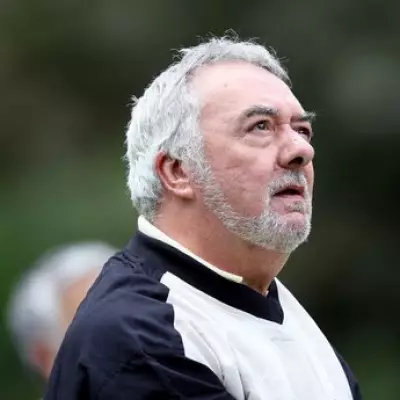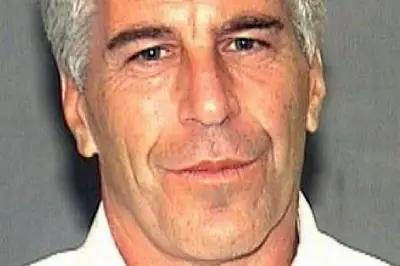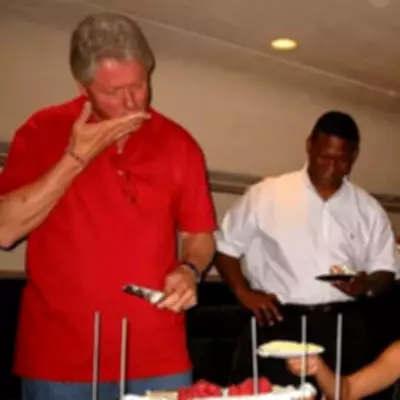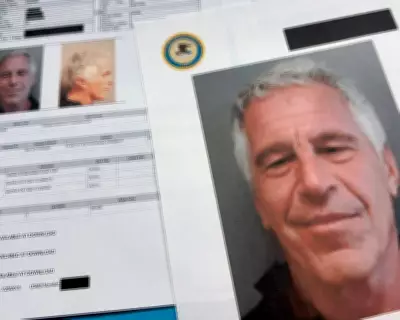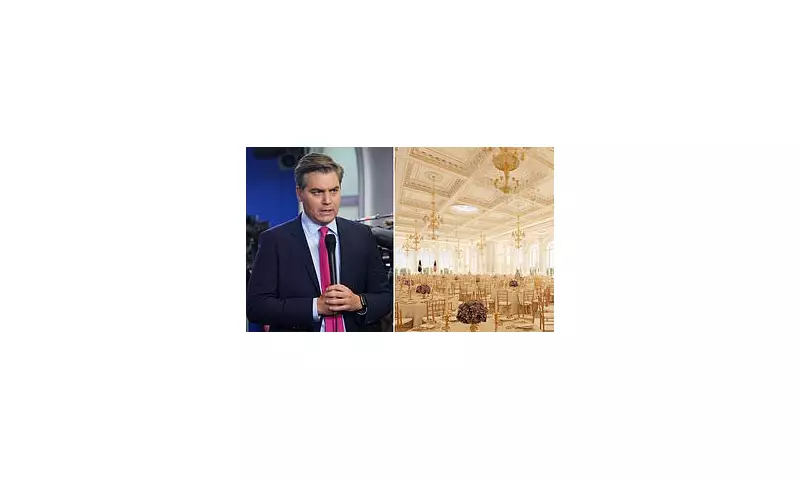
In a stunning revelation that's sending shockwaves through media circles, veteran CNN journalist Jim Acosta has launched a scathing critique against NBC News, accusing the network of compromising its journalistic principles during coverage of the dramatic Trump ballroom shooting incident.
The Pennsylvania Crisis That Divided Newsrooms
The political landscape was thrown into turmoil when former President Donald Trump was rushed from a Pennsylvania rally after gunfire erupted, leaving one spectator dead and two critically injured. Amid the chaos, Acosta claims NBC's reporting raised serious questions about media impartiality.
'There's something wrong over at NBC,' Acosta declared during his analysis, suggesting the network had become 'compromised' in its approach to covering the volatile political climate.
A Veteran Journalist's Concerns
With decades of experience covering the White House and political beat, Acosta's comments carry significant weight in media circles. His critique centres on what he perceives as NBC's failure to maintain consistent editorial standards when reporting on Trump and the shooting aftermath.
The incident has sparked broader conversations about:
- Media responsibility during political violence
- Network neutrality in high-stakes situations
- The balancing act between news reporting and political commentary
- Journalistic ethics in the digital age
The Ripple Effect Across News Networks
As details continue to emerge about the Pennsylvania shooting, Acosta's allegations have ignited fierce debate among media professionals. The critique comes at a particularly sensitive time for news organisations grappling with public trust and political polarisation.
The fundamental question remains: Are major news networks maintaining their editorial independence, or have they become casualties in the ongoing political wars?
This developing story represents more than just another media controversy—it strikes at the heart of how democratic societies receive information during moments of national crisis and whether the public can still trust traditional news sources to provide unbiased reporting.


